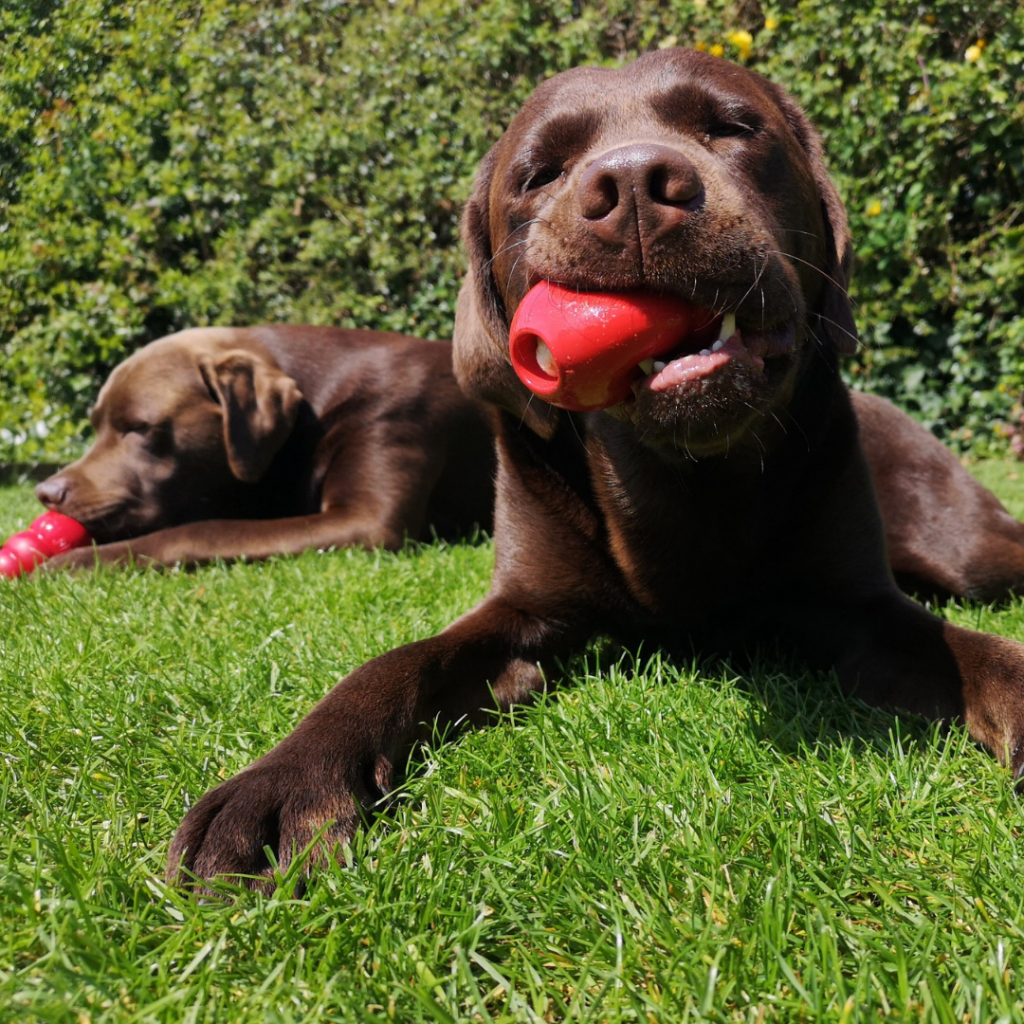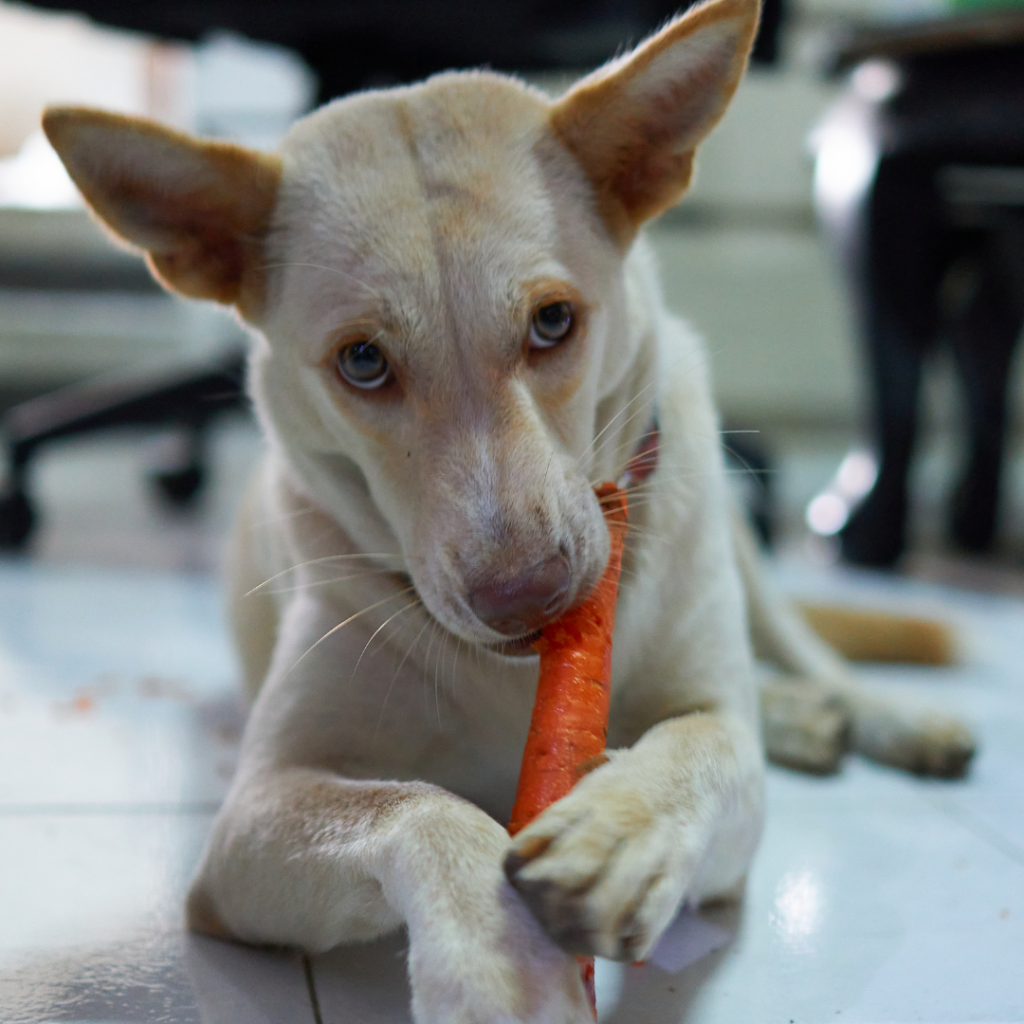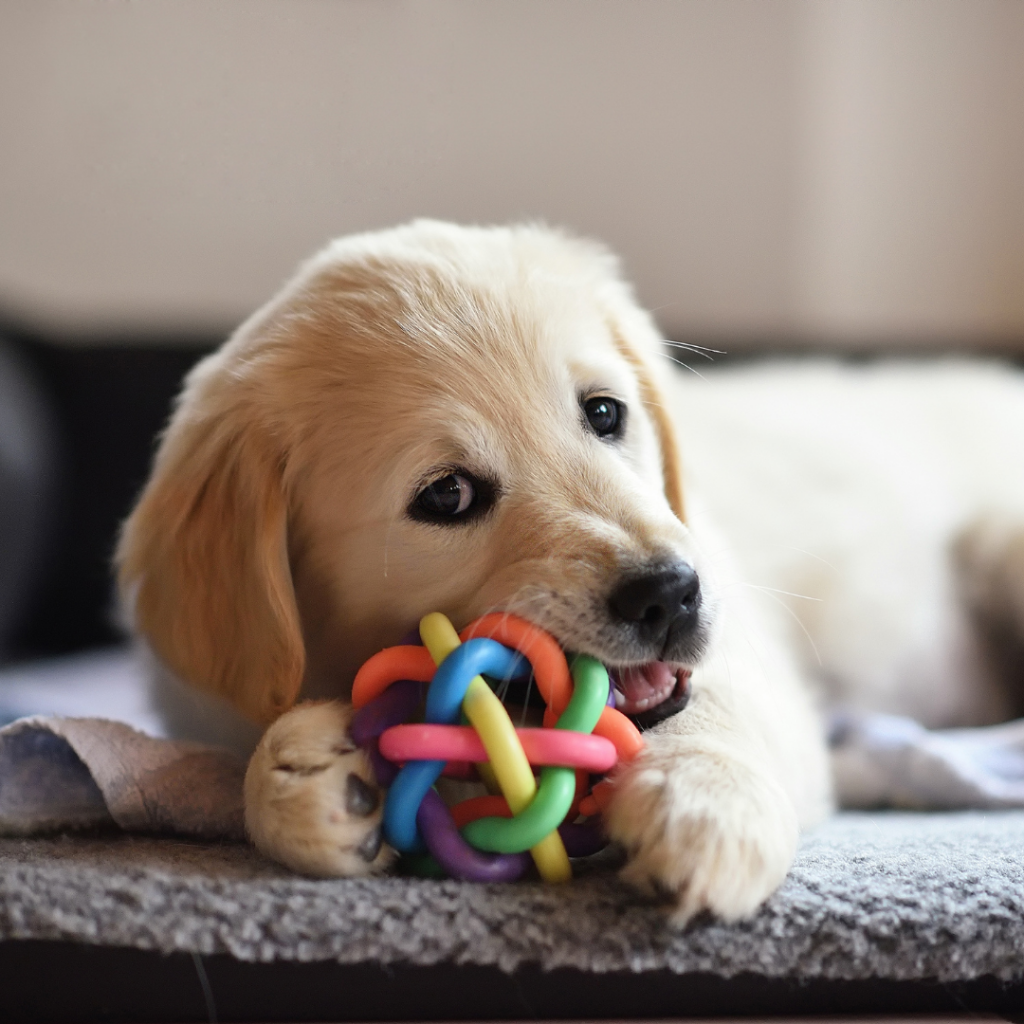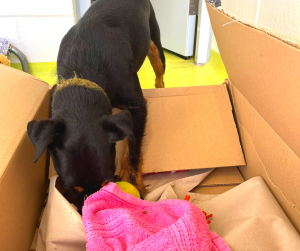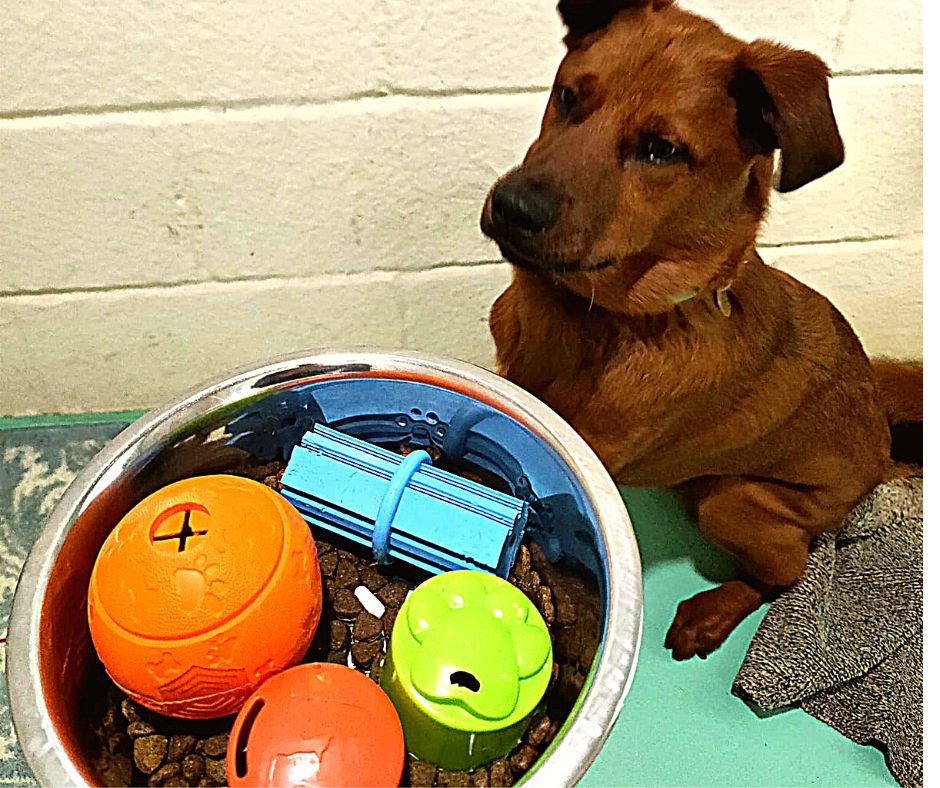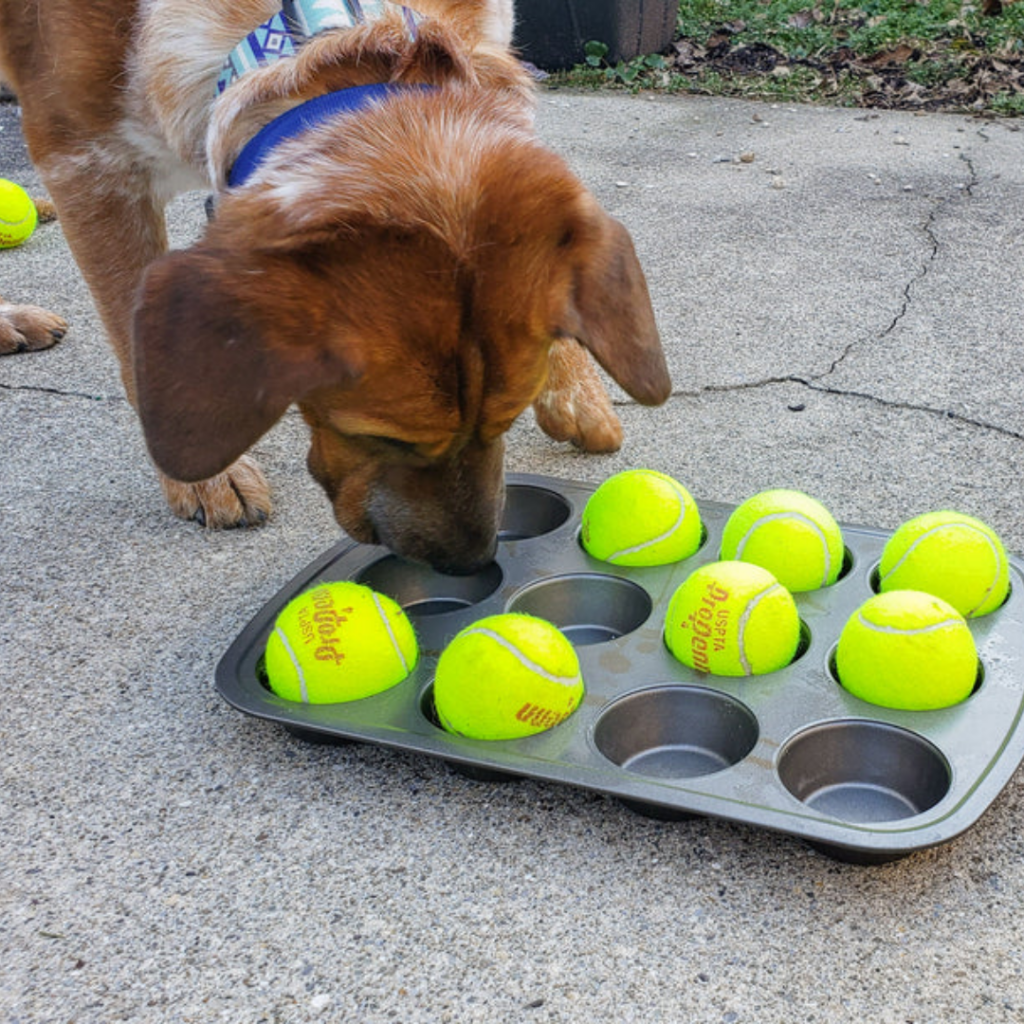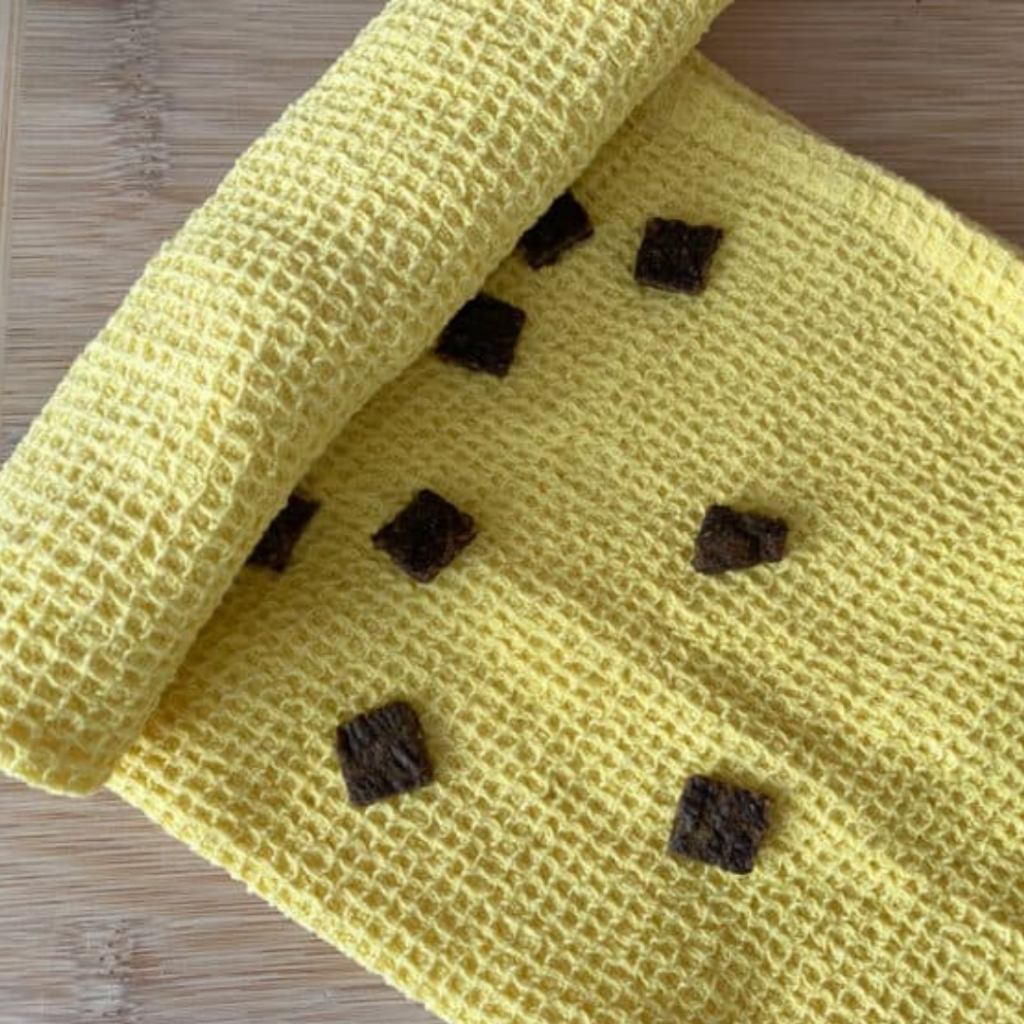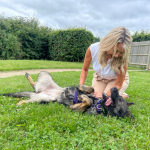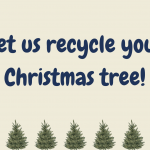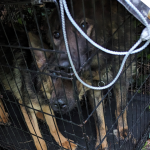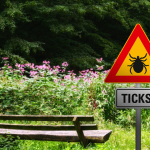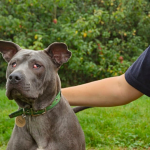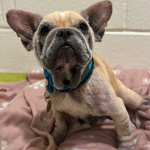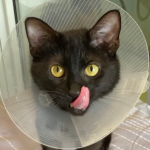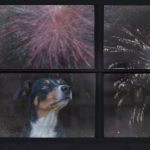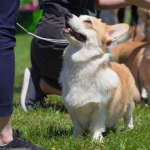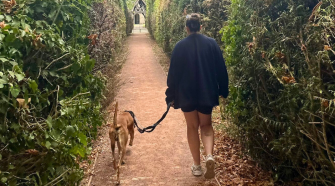
Pet Care on a Budget
When things are tight, pet care is often one of the first things that families are forced to cut back on.
A recent report released by the RSPCA, found that a third of pet owners were worried about being able to afford to properly care for their pet.

In the past few years, many owners have had to take the hard decision to surrender their pets. Some because they had to return to their workplace following the pandemic, more recently, however, because they can’t afford to care for their pets.
The number of calls for help we have received has gone up dramatically and so, the team has decided to put together a few ideas to help pet owners on a tight budget.
Budget Dog Treats
-Fat-free Greek yoghurt is versatile and cheap. It can be used in Kongs, Lickimat or, for an even more budget-friendly alternative, fill an ice cube tray with yoghurt and some of your dog’s food or fruit.
-Enjoy baking? Bake homemade dog treats. We love this recipe.
-Carrots are a great low-cost healthy treat. Cut them in small chunks and use them as training treats or you could give your dog a whole carrot (appropriate size for the dog) as a chew! It’s great for their teeth and allows the dog to perform natural chewing behaviours.
It can be tempting to buy cheaper dog treats, however, these tend to be poor quality. Search for treats with a high percentage of meat or fish.
Play Time on a Budget
The best forms of enrichment are completely free, physical exercise and basic training.
Basic training is a great way to mentally tire a dog and expand on their skills and knowledge. It’s also a fun activity for both you and your dog, which will promote a strong owner-dog relationship.
More free enrichment ideas
Scatter feeding
At meal time, sprinkle your dog’s kibble around the garden or your house. Release your dog and leave them to sniff/hunt their food. Start off by sprinkling the food in a small radius, but once the dog becomes familiar with this, you can expand the radius and begin hiding the food in harder places to find.
This is how a dog would normally behave in the wild when scavenging for food so you’re allowing them to perform one of their most natural behaviours.Sniffing is very tiring making this a great indoor game for rainy days.
Home-made treat dispenser
Place treats in the water bottle without a lid and watch your dog move the bottle around to dispense the treats! Take the bottle away if they start chewing it so the plastic doesn’t hurt their teeth or gums.
Hide and seek
Hide toys, treats or even people around the house and teach your dog a ‘find it’ command. Give them lots of praise when they find what they were looking for.
Where you can you get help?
Sadly, as the cost of living rises, some owners will feel forced to consider surrendering their pet. If you are facing this difficult decision, remember, you are not alone.
“The cost of living crisis is the biggest single threat to pets in the UK today. It’s absolutely heartbreaking.”
Emma Slawinski, Director of Advocacy and Policy, RSPCA
If you are struggling to pay for your pet
- We run a low-cost vet clinic for individuals in receipt of a means tested benefit within our Gloucestershire and South Cotswolds community. Visit our page to find out if you are eligible.
- We have pet food banks at our centre and all of our charity shops. Find the shop closest to you here.
- Reach out to friends or family for help
- Speak to your vet about available assistance
- Reach out to your local rescue
How has CDCH been affected by the last couple of years?
Last year in 2024, CDCH rescued 321 animals in need, but the amount of donations is down by 31% and the costs of running the centre are increasing.
Despite this, we carry on doing all we can for our community. Throughout 2024, we issued 232 vet vouchers.
We also regularly donate food we can’t use to the Stroud Food Bank.
Categories
- Appeals (7)
- Events (10)
- News & Updates (68)
- Happy Tails (23)
- Past Appeals (84)
- Past Events (95)
- Support & Advice (46)
- Challenge Events (2)
Recent Posts
Related posts

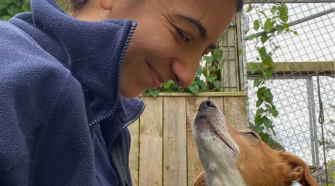
How to Prepare Your Home for a Rescue Dog
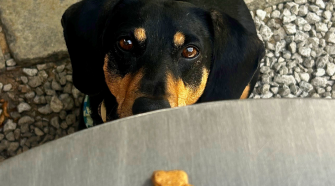
Dog-Friendly Places to Eat in the Cotswolds
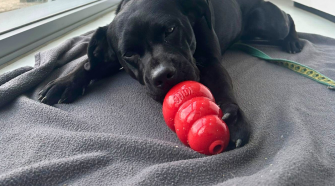
Beat the Heat: Homemade Frozen Treats Your Dog Will Love

To report cruelty or an animal in distress call 0300 1234 999

